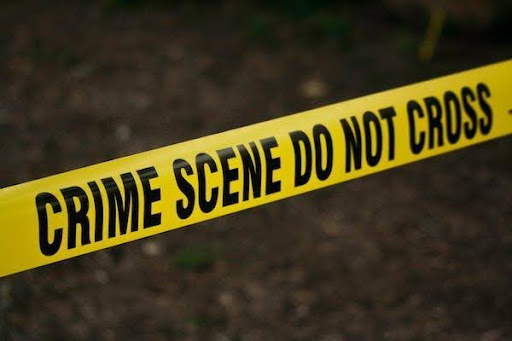
Accidents are unforeseen and unwelcome events that can disrupt your life significantly. In the moments following an accident, it’s crucial to collect and document evidence, which can be vital for any future legal proceedings or insurance claims. Understanding what information to gather at the scene can make a substantial difference in the outcome of your case.
The Importance of Immediate Evidence Collection
Right after an accident, it’s important to secure as much evidence as possible. This includes photographs of the scene, witness statements, and any physical evidence that could be lost or destroyed over time. The immediate aftermath of an accident offers the clearest snapshot of what occurred, making this information invaluable for any legal analysis or insurance evaluation.
Collecting Photographic Evidence
Photographs can serve as undeniable proof of the circumstances surrounding an accident. It’s advisable to take wide-angle shots of the entire scene, as well as close-ups of specific damages to all vehicles involved. If possible, capturing images of road signs, weather conditions, and any contributing factors (like potholes or obscured traffic signals) can also be helpful.
Gathering Witness Statements
Witnesses can provide objective perspectives on the accident, which might differ from the involved parties’ accounts. Securing contact information and a brief statement from each witness at the scene can offer crucial insights during the legal process. Their testimonies can corroborate your version of events, providing additional support for your claim.
Understanding Legal Obligations and Rights
In the wake of an accident, knowing your legal responsibilities and rights is paramount. This includes exchanging information with the other party and reporting the accident to the appropriate authorities if required by law.
The Role of Police Reports
A police report provides an official account of the accident, often including an officer’s assessment of fault. Requesting a copy of this report is a critical step, as it contains information that can be vital for insurance claims or legal proceedings.
Legal Documentation and Formalities
Aside from police reports, it’s essential to gather all relevant documentation, such as insurance information, driver’s licenses, and vehicle registrations of all parties involved. This information will be necessary for filing insurance claims and may be required in any legal actions.
Navigating Insurance Claims and Legal Proceedings
Dealing with insurance companies and potential legal proceedings can be daunting. Understanding the process and what to expect can alleviate some of the stress associated with post-accident procedures.
Dealing with Insurance Companies
When filing an insurance claim, detailed documentation of the accident can expedite the process and improve the likelihood of a favorable outcome. Insurance companies will scrutinize the evidence to determine fault and the extent of damages covered.
Seeking Legal Advice
In some cases, the complexity of an accident or the severity of injuries may necessitate legal representation. Contact a car accident lawyer at Meldon law firm to ensure your rights are protected and to navigate the complexities of legal claims efficiently.
The Value of Professional Legal Support
Having an experienced attorney can provide you with the guidance needed to manage the aftermath of an accident. A legal professional can help negotiate with insurance companies, represent your interests in court, and ensure that you receive fair compensation for any damages or injuries sustained.
Legal Expertise in Evidence Handling
An attorney can assist in collecting and preserving evidence, as well as advising on the types of documentation necessary to support your case. They can also help in obtaining additional evidence, such as surveillance footage or expert testimonies.
Advocacy and Representation
A lawyer acts as your advocate, offering representation in negotiations with insurance companies and, if necessary, in court proceedings. Their expertise and negotiation skills can be invaluable in securing a settlement that adequately compensates for your losses.
Conclusion
The aftermath of an accident can be overwhelming, but taking the right steps to document details and understand your legal options is crucial. By collecting evidence, understanding your obligations and rights, and considering professional legal advice, you can navigate the post-accident landscape more effectively. Remember, in situations where the stakes are high, securing experienced legal support can make all the difference in achieving a just outcome.
